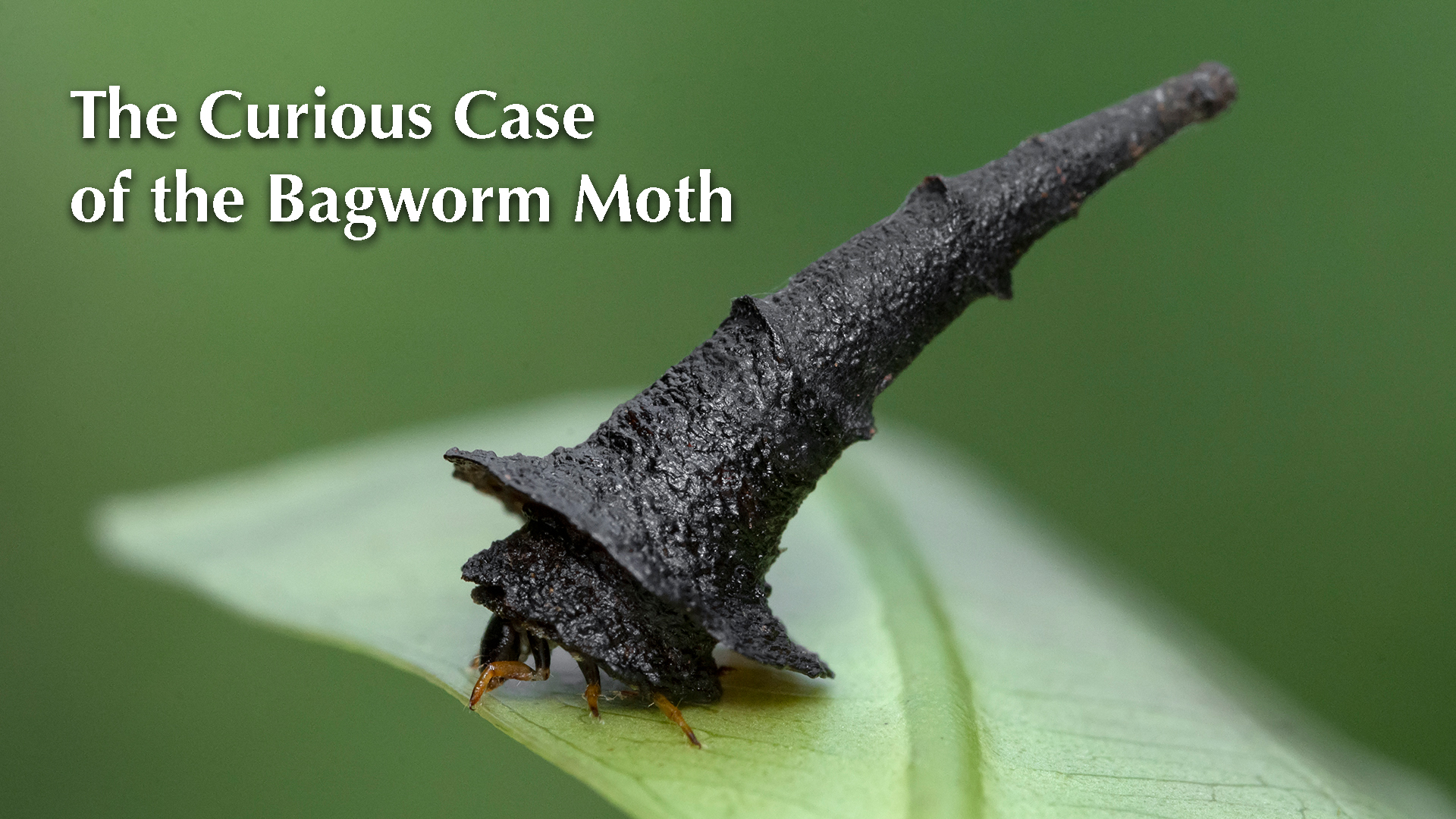While the world is full of attempts to save crumbling biodiversity and ecosystems barely surviving at the cost of human desires, while we continue to witness highly- visible impacts of climate change, do we also get the chances to understand an environmental problem, work on it in time and prevent another tragedy?
With an astounding increase in the awareness surrounding the climate change, the human intellect has tried to avert many dangers. It is important to note how a troubled future may be easily detected but lack of sustained action, leads to man-made disasters.
But in deeper regards, the youth worldwide has displayed more fervor to protect its Nature than their respective countries’ boisterous leaders.
The Nation remembers its youth taking to streets to save the forests of Aarey or its seasoned Tigress Avni from the clutches of Forest Controversies; this country ruled every possible chart of hearts when a few people managed to save its serene Forestland by clinging to the trees or Chipko Movement.
These were not mere instances, rather ideologies, beliefs, customs, gratitude and these remain cherished. Time and again, there comes a need to revisit these actively.
Now, we have an opportunity that calls for greater awareness and such dedication. Basai Wetland, surrounded by the skyscrapers of sector 101, Gurugram requires its savior now more than ever.

Basai, designated as a key biodiversity area by the Wildlife Institute of India (WII), the International Union for Conservation of Nature (IUCN) and certain other NGOs and home to at least 300+ rare species of birds (world acclaimed International Bird Area or IBA) was once a 250-acre shallow wetland has been constricted to one-fourth of its original size.
A wetland is any area covered with water, seasonally or permanently and harbors aquatic as well as terrestrial species.
This troubled wetland has turned into a complete example of constant conflict between Urbanization and environmental sustainability.
The multi-lane expressways, extravagant housing and office infrastructures, have caused major blockade to the migrating routes of birds coming in to visit this wetland.
“Both species and population of birds have dwindled but they are still coming in hopeful numbers; the birding area has so far managed to co-exist with the ongoing destruction and pressures on the land. But we need to prevent further encroachment with immediate action if we want to save Gurugram’s bird paradise”, explains a Birth Enthusiast.

Threats to the Wetland: beyond the cement and dust
“The problem is lack of awareness about the history and importance of wetlands among the people. The marshy wilderness is seen as wasteland to be dumped with garbage”.
It is to note that the wetlands are of international importance because apart from providing the valuable ecosystem services, they also help guard against natural disasters like floods, groundwater scarcity and inefficient seepage of water, something Gurugram continues to struggle with.
Sheltering about 60% of the total bird count treading the National Capital Region, Basai is a home to many species, including some of the rarest like bar-headed goose, grey-headed swamphen, grey-headed lapwing, flamingos, yellow-bellied prinia, white-rumped vulture, wood sandpiper, water pipit, herons, francolins, cormorants, common crane, citrine wagtail etc., it’s an Ornithologists’ paradise.
This is apart from several others like frogs, turtles, fish, insect etc., residing in this swamp.
But we, driven with desperate urbanization and developmental needs, are driving this paradise out while this human race never gets contented of its desires.
Alas, a city like Gurugram can in certain future, face the wrath of Nature as many other cities of the world like Jakarta, are facing.
Haryana has a staggering number of 1,441 wetlands, but none had been protected under the Ramsar treaty until 2021 when Sultanpur and Bhindawas wetlands earned the privileged status.
I ask what is Nationalism, does it not include saving one’s greatest asset like forests? Can arid Nationalism survive when the cities might not, once the climate change begins to spin its wheel even harder?
Gurugram hosts one of the best minds of this Nation and surely has resources to sustain, can it just begin to care?
As told by the Roundglass Sustain: “The Basai wetlands is like an oasis in the heart of a concrete jungle. We need a new appreciation of what wetlands provide to us if we want to reclaim the lost glory.”


